Blog Author David Gremp
Richard’s last blog reminded me of how important reading has always been to me. It reminded me that long before I thought of myself as a visual person—a photographer—I was strictly a verbal person. I remember being completely enthralled when I discovered a biography series in the school library when I was in 4th grade, reading about the lives of such people as Alexander Hamilton, Jim Thorpe, Babe Ruth and Ernie Pyle. Their lives may have not had much in common, but it was their stories that captured my imagination. A 4th grade boy is ripe for discovering role models, and these books offered some possibilities. So, it’s always been through books, both fiction and non-fiction, that I have sought answers, more often than not before I had even formed the questions.
As I continued growing up in school, I began to realize that words and stories far outweighed any of my interests in the more practical subjects such as math, science or even carpentry, and English became my favorite subject. By the time I got to college and failed to find any satisfaction in such career-driven studies as marketing, advertising and journalism (a nod to Ernie Pyle), I settled in the English department and plodded my way through a B.A. degree with some hopes of teaching high school English.
Those hopes were severely tested during my student-teaching experience, where I faced over 150 8th graders daily and quickly realized that the large majority of them were already sick of diagramming sentences, constructing well-developed theme paragraphs and discussing symbolism in poetry and novels. I couldn’t argue with them. Those things had always come easy for me, and I felt guilty trying to force my will upon them. I knew then that I could never become a good high school English teacher. But that didn’t stop me from reading; and once I had graduated, I was free to read whatever I wanted.
I started with the books that I always felt I should have read in college, but never got around to—an endless task that, nearly 40 years later, I still pursue. And what pleasure it has given me when I’ve had the chance to discover such great works by such great writers as Dickens, Melville, Tolstoy, Kafka, Nabokov (I’ve read Lolita 3 times!), Faulkner, Steinbeck, O’Conner, Kerouac, Jackson (Shirley), Roth (Philip), Delillo, Márquez, Bukowski, etc., etc.
Without any real incentive or motivation other than my own initiative (and guilt) and without any responsibilities other than my own personal gratification, I’ve trudged through hundreds upon hundreds of books—mostly fiction—and finished them all . . . with the exception of 5 books, which, no matter how hard I tried, I could not bring myself to finish.
The first book that I failed to complete, or even get past the first 100 pages, was James Joyce’s Ulysses. Try as I might (and I’ve tried 3 times), I just couldn’t crack the code, couldn’t figure out what was going on, and eventually gave up. Perhaps a classroom discussion might have helped. But without that, it was over my head.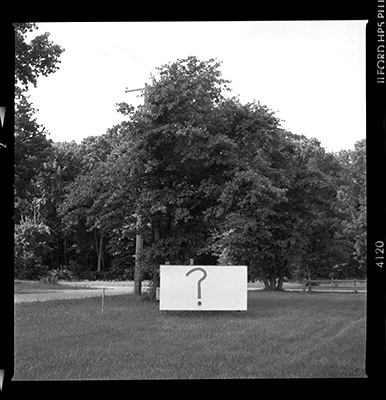
My second failure-to-complete was Atlas Shrugged, by Ayn Rand. In that case, it wasn’t that I couldn’t follow the story; it was simply a matter of not caring about or even liking ANY of the characters in the story. To a point that, about 400 pages in, I practically threw the book across the room in disgust. Sorry Ayn Rand fans, and I know there are many, but I just didn’t give a #@*%. Life is too short!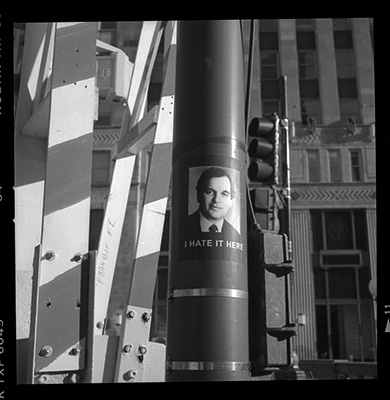
My third aborted effort came with Dostoyevsky’s The Brothers Karamazov. I had no problems with Crime and Punishment, other than the usual Russian name game (three names for each character), but there was just something about the pace (or lack thereof) and the close quarters of the dark dialogue that I found, after 400 pages, I just couldn’t bring myself to finish. Too much punishment!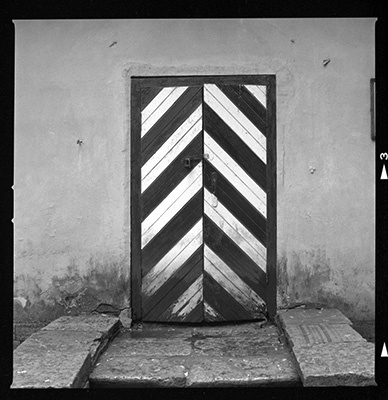
Doors at Russian prison where Dostoyevsky spent time in St. Petersburg
My fourth failure was Remembrance of Things Past: Volume I, by Marcel Proust. My daughter had given it to me for Christmas one year, so there was a sense of obligation to read it. I dug in once and got to about page 75 and put it down. I tried a second time and got to about page 100 and put it down again. I tried a third time, reached page 137 (it’s still bookmarked) and gave it up. Perhaps when I’m older and can’t get out of bed, I’ll give it another try.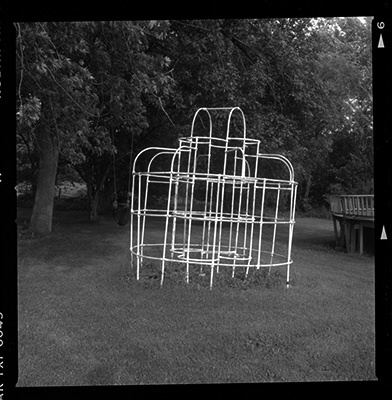
The last book that I put down without finishing was David Foster Wallace’s Infinite Jest. I had loved his essays (Consider the Lobster rocks!), and I enjoyed his final unfinished novel, The Pale King—footnotes and all, I finished it. But, by page 130 of his magnum opus, I just got flat-out exhausted at my infinite quest for deriving any pleasure, much less meaning from it, and put it down. Maybe I just got tired of footnotes. They certainly wrecked Shakespeare for me in school.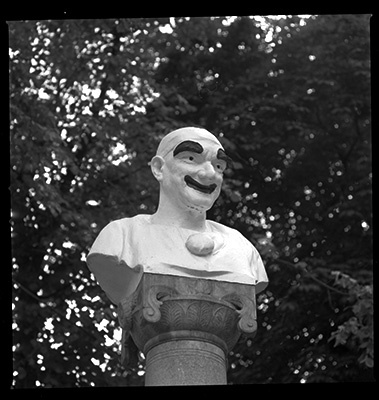
So there, I’ve spilled my beans. In spite of being a lover of “literature,” I have failed at completing 5 of what many consider to be “masterpieces” of the medium. And it’s funny, because I’ve probably finished—and completely forgotten about!—many more than that. Other than Henderson the Rain King, I can’t tell you anything about the other 4 or 5 Saul Bellow’s books I’ve read. Gone Girl, Girl on a Train . . . which was which? I’ve forgotten already. But these 5 books will haunt me forever . . . unless I decide to pick them up again and finish. Well, maybe not Atlas Shrugged. I’ll just shrug that one off!